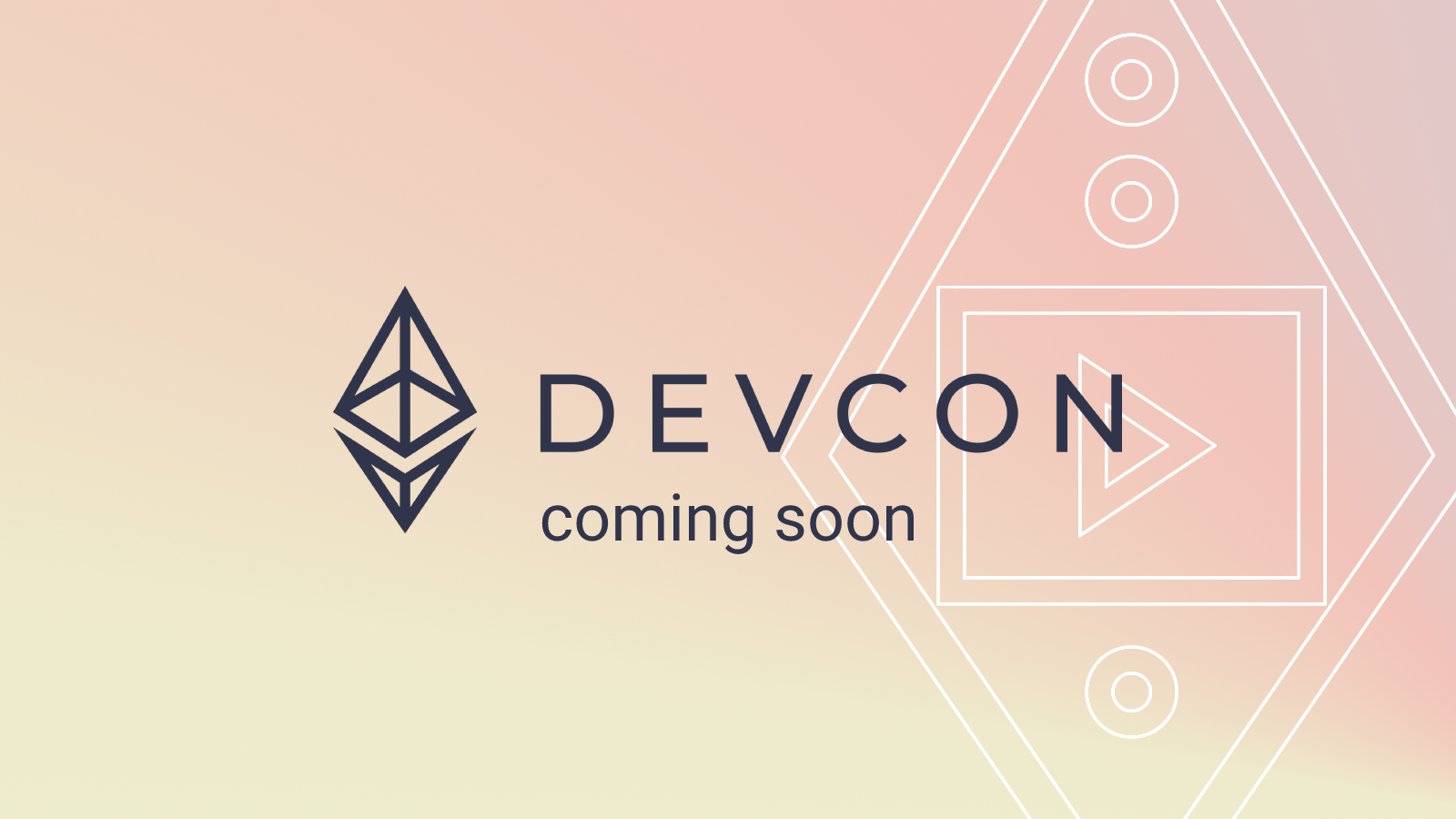devcon 7 / an introduction to post quantum signature schemes for ethereum
- YouTube
- Details
An introduction to post quantum signature schemes for Ethereum
Duration: 00:09:35
Speaker: Pierre Daix-Moreux
Type: Lightning Talk
Expertise: Beginner
Event: Devcon
Date: Nov 2024
In this lightning talk, we will give attendees the opportunity to understand the various post-quantum signature schemes proposed to make Ethereum post-quantum ready.
- Related

Devcon
Talk
26:14
Developing and using a modular folding schemes library
We will present Sonobe, a modular folding-schemes library. It currently features implementations of Nova, CycleFold, Hypernova and ProtoGalaxy schemes and is compatible with a wide range of R1CS arithmetization libraries. we will briefly discuss what folding schemes are and how they fit into IVC-style proof systems. Next, we will explain how Sonobe was built and what features it supports. Finally, we will cover what has been built with Sonobe and how developers can start using it today.
Pierre Daix-Moreux, arnaucube

Devcon
Talk
25:17
Keynote: Programmable Cryptography and Ethereum
Programmable Cryptography is a "second generation" of cryptographic primitives - primitives that allow arbitrary programs to be executed "inside of" or "on top of" cryptographic objects. Programmable cryptography provides three key affordances that complement and amplify the affordances of Ethereum--verifiability, confidentiality, and non-interactivity. We'll discuss how these technologies can reshape the Internet over the next 50 years.
gubsheep

Devcon
Talk
19:46
Keynote: The Universal Cryptographic Adapter
The "secret" third affordance of Zero-Knowledge proof after 1) Privacy and 2) Succinctness is Interoperability. ZK enables us to continuously refactor data, aggregate it from different sources, and transforming it without loosing its integrity. Starting with the Zupass project, and now with the broader adoption of the POD and GPC format, 0xPARC has been exploring using ZK for data sovereignty and creating more interoperable data ecosystem. We will cover our learnings and progress in this talk.
Justin Glibert

Devcon
Talk
20:48
Scalable multi-party FHE with Phantom-zone
The talk introduces "phantom-zone", a framework to write scalable consumer facing MPC apps using multi-party FHE. Starting with what's multi-party FHE, talk gives a demo of non-trivial MPC app. Followed by introduction to programming model of MPC apps using multi-party FHE inside phantom-zone. Then the talk dives deep into primitives to realise multi-party FHE and ends with advanced FHE gadgets that further enhance multi-party FHE.
Janmajaya Mall

Devcon
Talk
23:16
hallucinated servers another prog crypto chip
An introduction to programmable cryptography, culminating in the dream of a "hallucinated server".
B. L.

Devcon
Talk
23:12
Lessons from integrating LogUp-GKR in the Miden VM
In this talk we will describe how to modify the STARK protocol to prove multiset checks using the GKR protocol. We will take a deep dive of the approach we’ve taken to implement it in the Miden VM, covering the benefits and challenges we've experienced.
Philippe Laferriere

Devcon
Talk
19:41
Little Things We've learned About FHE
Recently, at PSE, we have been exploring the field of cryptography, specifically focusing on Fully Homomorphic Encryption (FHE). FHE enables secure interactions with encrypted data between different parties. In this presentation, we will introduce key concepts and essential information tailored for developers and application designers. This will help them quickly grasp the fundamentals without getting bogged down by complex mathematical details.
Chih-Cheng Liang

Devcon
Lightning Talk
08:09
MPC Tooling or How to create MPC apps
Let's get into the state of the art of MPC development: we'll discuss different MPC schemes, current MPC tooling & how you can create MPC apps today. We'll cover the tech stack from a frontend level (e.g. MPC compilers) to a backend - and of course how we can combine them.
Rasul Ibragimov

Devcon
Lightning Talk
Introduction to hash-based proof systems
Over the last decade, ZK has been gaining attention due to its applications in verifiable private computation and the scalability of blockchains. The development of general-purpose zkvms powered with STARK/hash-based proof systems have made writing provable applications simpler, abstracting developers from the details of ZK. In this talk, we will explain the basics of hash-based proof systems, different arithmetization schemes and how to prove computations without needing a trusted setup.
Diego Kingston

Devcon
Talk
24:37
The Supreme Ruler of the World
VK rules the world. ZK rules the world, too, like a straightedge wielded with eyes closed. Rulers rule in simple ways: by lining things up and by checking they're all in line. Bring your high school math to learn straightedges called SumCheck and SumCalc and begin to appreciate ZK in simple geometric terms. No moon math. We'll visit lines, cubes and polynomials, to see how they can be used to deduce and to generate, to check and to delegate.
Don Beaver

